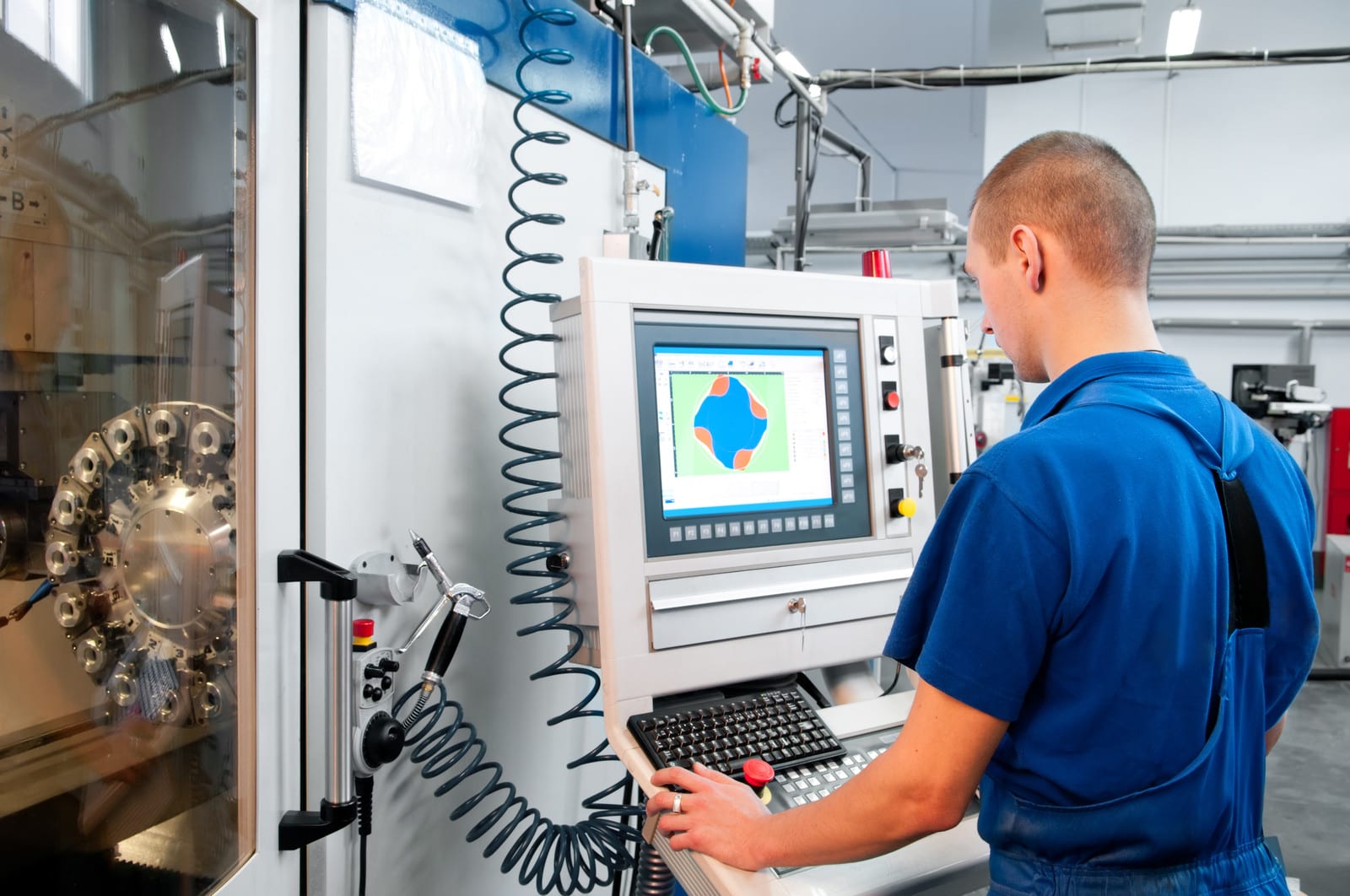Imagine a world where front doors automatically lock when a homeowner leaves because her thermostat knows she’s gone. Or her car knows she’s running late to that meeting because of traffic so it automatically dials her in to a conference call — while ordering her favorite cup of coffee at the nearby Starbucks.
That vision is fast becoming a reality as machines increasingly talk to machines. According to Gartner, 26 billion devices — not including phones, tablets and computers — will be connected by 2020. That figure does include cars, medical equipment, home and office appliances — you name it — all connected and transmitting data.
Some fear that, for field service, the rise of the Internet of Things (as the ecosystem of machine-to-machine technology, or M2M is known) may render service technicians obsolete, while others suggest it will empower them.
Techs as Heroes, not Just ‘Mr. Fix-Its’
This week, top field service management experts came together in San Diego to discuss the Internet of Things and its impact on field service. Panelists at the Field Service Medical conference painted a future where service techs can harness all of the data these machines provide to complete preventive services, as well as offer new ways technicians can interact with customers.
“Rather than being reactionary, technicians can use the data these machines are transmitting in order to be preventative,” predicted Antony Passemard, project manager at Salesforce.com. The customer-service payoff: consumers see techs more as problem avoiders than simple repairmen.
But that’s not all. M2M technology will also increase response time and provide companies the ability to scale, said ServiceMax’s Eirik Leerskov. With technology able to alert technicians of problems faster, field service organizations can grow while reducing unnecessary calls. No more on-call, all-day situations with little outcome — as the machines become wiser, so do the techs.
With the data that will help prevent problems, techs will improve customer service while making their job easier. Remote diagnostics and fixes aren’t outside of realm of possibility with these new technologies. “Customer service comes to the forefront with the help of the Internet of Things,” said David Bisciotti, vice president of Varian Medical Systems, “Technicians are now able to be more productive and utilize new capabilities — sometimes without even getting in their truck.”

Good article. Side note: Antony Passemard is working on IoT Strategic Partnership for the Service Cloud at Salesforce.com, he is not a project manager.